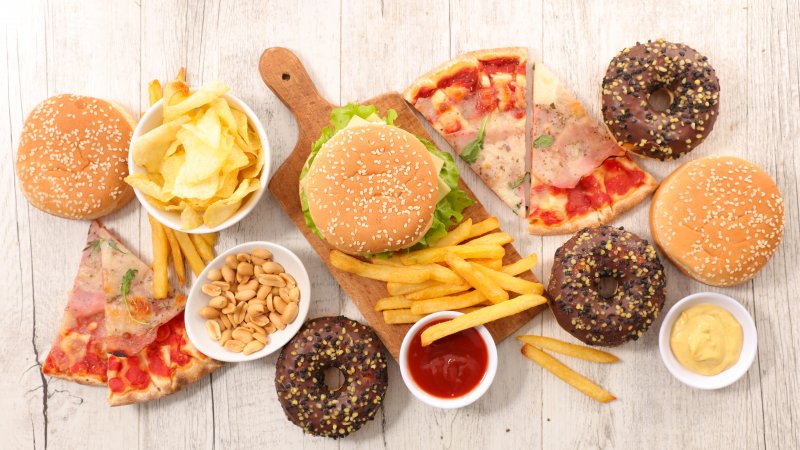
If sleep apnea is preventing you from getting enough rest, you can naturally expect it to affect your body and the quality of your life in several ways. Some of these effects are obvious, such as suffering from constant exhaustion and having trouble staying focused. However, did you know that a lack of sleep could also change some of your habits, such as the foods you eat? In this post, you’ll learn about the unexpected link between sleep deprivation and your appetite – and why you might suddenly find yourself craving more junk food than usual.
How is Appetite Linked to Sleep?
Your appetite is controlled by two hormones: gherlin and leptin. Gherlin makes you feel hungry while leptin makes you feel full. When these hormones work in harmony, you know exactly when to start and stop eating. But if you don’t get enough sleep, the level of gherlin goes up while the level of leptin goes down, causing you to feel more hungry than normal. In other words, you could easily end up overeating without realizing it.
Moreover, a study in JNeurosci found that even one night of sleep loss can increase a person’s cravings for junk foods. Participants in the study visited the lab for dinner on two separate nights. The control group members were sent home and allowed to sleep normally while the experimental group members stayed at the lab, where they were kept awake. The following day, the hormone levels, brain activity, and desire for snack foods in each group were examined. Those with sleep loss tended to find the food more appealing.
If you already have sleep apnea, then an increased appetite can make the disorder even worse. Obesity is a major risk factor for sleep apnea, so if you gain weight as a result of eating junk food more often, the condition will become more severe.
What Can You Do About the Effects of Sleep Apnea?
First of all, it’s important to be aware of your own appetite. Take note of what you’re eating at all times, and try to make a conscious effort to stick to healthier foods while avoiding unhealthy options as much as possible. In the meantime, you need to get in touch with a sleep doctor to have your sleep apnea properly diagnosed and treated. A sleep disorder can generally be treated with CPAP therapy or an oral appliance depending on how severe it is.
The longer you let sleep apnea go untreated, the more likely it is that your changed appetite will start to have an adverse effect on your health. Be proactive in seeking the care you need to sleep peacefully during the night so that you can keep your appetite under control and your body as healthy as possible.
About the Author
Dr. Mitch Conditt has over 35 years of dental experience. He discovered sleep dentistry in 2009 after being diagnosed with obstructive sleep apnea in 2009. After seeing the difference that a custom oral appliance could make, he decided to start specializing in sleep dentistry. If you suspect that a sleep disorder is affecting your appetite or other aspects of your life, get in touch with Dr. Conditt at his Fort Worth Practice through his website or by calling (817) 527-8500.
